Iyobosa Uwugiaren writes that while the current efforts by the Minister of Information and National Orientation, Alhaji Mohammed Idris-led communication team in managing information related to the US/Nigeria diplomatic crisis is commendable, the federal government needs to engage with President Donald Trump with tact
Perhaps, one of the best choices that President Bola Ahmed Tinubu made in appointing his cabinet members is the appointment of the Minister of Information and National Orientation, Alhaji Mohammed Idris. Those very close to him says, he carries out his assignments with a sense of responsibility.
According to them, his ability to clearly articulate government policies and decisions in a way that resonates with diverse audiences through various channels is splendid.
Indeed, Idris is an effective communication strategist who develops and implements effective communication strategies that bring into line with his principles and government objectives, anticipating prospective issues and opportunities.
The current crisis actually exposes his ability to handle crisis situations effectively, providing timely and accurate information to the public, and moderating the impact of negative publicity. His ability to build and maintain relationships with stakeholders, including the media, to work collaboratively with others to achieve collective goals is also evident.
The minister’s ability to analyse complex information, identify key messages, and develop effective communication strategies to address challenges and opportunities, to many experts, is excellent.
Perhaps, because of his integrity and transparent way of carrying out his responsibility, the spokesman for the federal government immediately arrests his audience’s attention when he starts speaking. The minister, by all standards, exemplifies integrity and honesty; he is a good communication strategist.
Dr. Hamid Bello, a communication expert, said after listening to the minister at a press conference on Wednesday: “He is a good communication strategist.”
The minister had called a press conference to officially respond to the United States Government’s designation of Nigeria as a ‘’Country of Particular Concern’’, at Radio House, Abuja.
A Fellow of the Nigerian Institute of Public Relations (NIPR), the minister was honest about the prevailing situation in the country.
“The government is well appraised with the level of anxiety created by the designation of our country as a Country of Particular Concern (CPC) by the US Government and threats of military invasion by President Donald Trump, following a wrong perception and misrepresentation of the security challenges in our country,” he said.
’The federal government has always recognised the security challenges that had beset our country since 2009 with the advent of Boko Haram terrorists.’’
Mohammed admitted that from the beginning, the government and people of the Federal Republic of Nigeria have taken note of the position of the Government of the United States of America on Nigeria over alleged violations of religious freedom.
“Nigeria faces longstanding security challenges that have impacted Christians and Muslims alike, and we mourn every loss of life—knowing that even a single loss of life is one too many,” he added.
He explained that his boss, President Bola Tinubu, was more than determined to confront and end these security challenges.
He added that since May 2023, when he assumed office, Nigeria’s security agencies have neutralised more than 13,500 terrorists through sustained operations and arrested over 17,000 suspects, who are now undergoing interrogation or prosecution for various offences.
“Also, more than 9,800 victims abducted by terrorist elements, including women and children, have been rescued and reintegrated,” he added. He argues that the menace of terrorism in Nigeria does not exclusively target any religious or ethnic group, saying as in many parts of the world, extremism is mindless, blind to religion, tribe, or class.
‘’It is a war against all peace-loving Nigerians and against the unity and progress of our great nation,” the minister stated emotionally. Countering the argument by some commentators, he said that any narrative suggesting that the Nigerian state is failing to take action against religious attacks is based on misinformation or faulty data.
He based his submission on the fact that several leading personnel of the very dedicated Armed Forces of Nigeria and the country’s intelligence agencies are Christians, working and succeeding alongside their Muslim colleagues in the fight against extremists and criminals waging war against the country and values.
Explaining the complexities of the current security situation in the country, he said the recent change in Service Chiefs and the subsequent realignment within the Armed Forces and security agencies reflect the President’s determination to reinvigorate Nigeria’s security architecture.
According to him, the strategic overhaul is designed to infuse fresh energy, innovation, and accountability into the national defence and intelligence systems.
He explained further that in the past two years, significant progress has been made in the war against terrorism across the North-West, North-East, South-East, North-Central, and other parts of the country.
‘’Within this period, the number of terrorism-related attacks has plummeted. In March, a report by the Global Terrorism Index indicated that terrorist attacks were at their lowest in over a decade in Nigeria.
“In the past eight months, the Nigerian military neutralised over 592 terrorists in Borno State alone. Over 13,500 terrorists and armed criminals have been neutralised. More than 17,000 arrests made. Over 11,200 hostages freed. More importantly, over 124,000 insurgents and their families surrendered, handing over more than 11,000 weapons.
“In the North-West, especially Zamfara and Kaduna, 11,250 hostages have been freed, and some of the terror leaders —Ali Kachala, Boderi, Halilu Sububu — have been neutralized. In August, the military intercepted and killed, in one fell swoop, over 400 armed bandits who had converged to attack a village in Zamfara,’’ he stated.
The Minister also revealed that two terrorism suspects, Mahmud Muhammad Usman and Abubakar Abba, who are wanted internationally, are currently undergoing prosecution, while the two, who are believed to be leaders of the Jama’atu Ansarul Muslimina fi-Biladis Sudan, commonly known as ANSARU, Nigeria’s Al-Qaeda affiliate, were captured in a high-risk, intelligence-led, counter-terrorism operation in July.
He said their arrest marked a turning point in the ongoing operations against terrorism.
According to him, “Usman, the self-styled Emir of ANSARU, allegedly coordinated various terrorist sleeper cells across Nigeria. He is also believed to have masterminded several high-profile kidnappings and robberies, the proceeds of which were used to finance terrorism over the years.
“Abba, Usman’s chief of staff and deputy, is alleged to have led the so-called ‘Mahmudawa’ cell, which operated around the Kainji National Park, located on the border between the states of Niger and Kwara, as well as the Republic of Benin.’’
He stated that the President Tinubu administration remains ever faithful and committed to its duty of securing the nation and its peoples, assuring that the ‘’country is in capable and steady hands with President Tinubu leading the charge to boost the nation’s economy, strengthen the military and intelligence capabilities, and leading the country towards greater and shared prosperity.”
While admitting that the ongoing diplomatic crisis between Nigeria and the United States has sparked intense debate, the near consensus among diplomatic experts is that the federal government needs to tackle the situation with tact and understanding.
Many communication experts have commended the current efforts in managing information related to the US/Nigeria diplomatic crisis. The recommendation is that the government needs to engage President Donald Trump with tact.
According to some analysts, the US President doesn’t care about the broader implications of his actions, a classic bull in a china shop.
The argument is that, beyond issues of sovereign integrity, it is not in the strategic interests of the federal government and Nigerians to allow the Trump plot to manifest in the country.
While Nigerians may disagree over the framing and the politics of the current crisis, they should agree that far-reaching and accommodating measures are desirable to stop the endless and senseless killings of citizens of all faiths.
Invading Nigeria with guns mighty or parceling up Nigeria into different countries – as some Trumpists are already advocating – cannot be part of the range of suitable actions to contain the orgy of generalised insecurity in the country.
Indeed, many observers believe that Nigerian political elites and groups like the Christians Association of Nigeria (CAN) and some APC stalwarts, including President Tinubu, may have contributed to the narrative of Christian persecution in Nigeria, which influenced Trump’s decision.



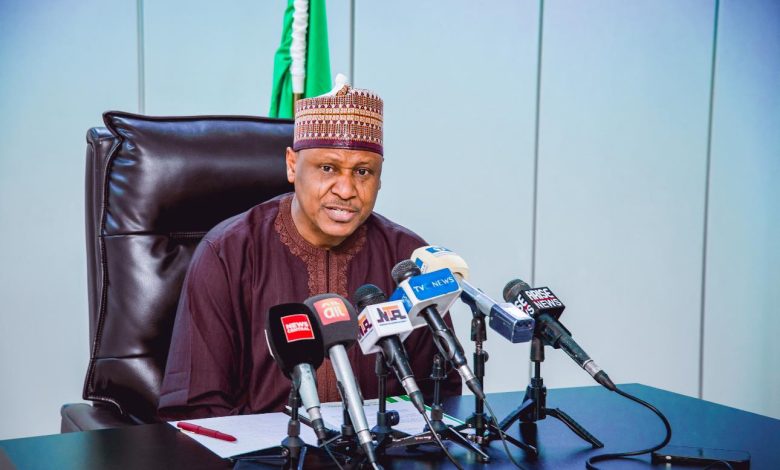
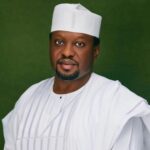
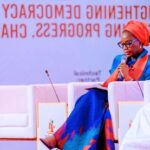
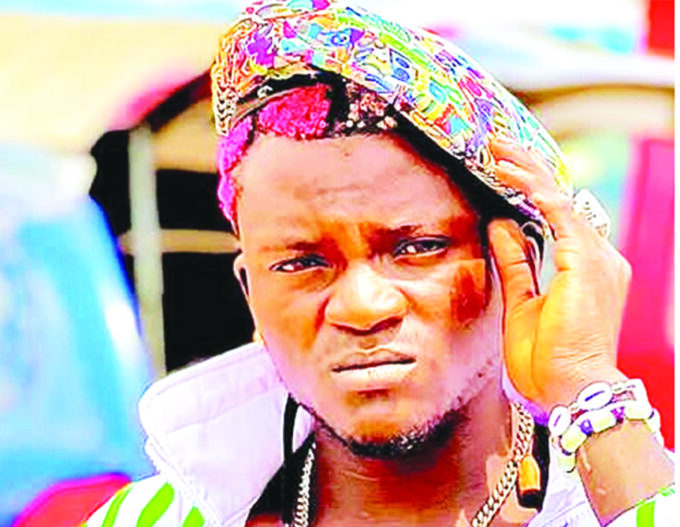
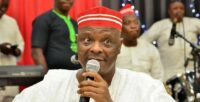

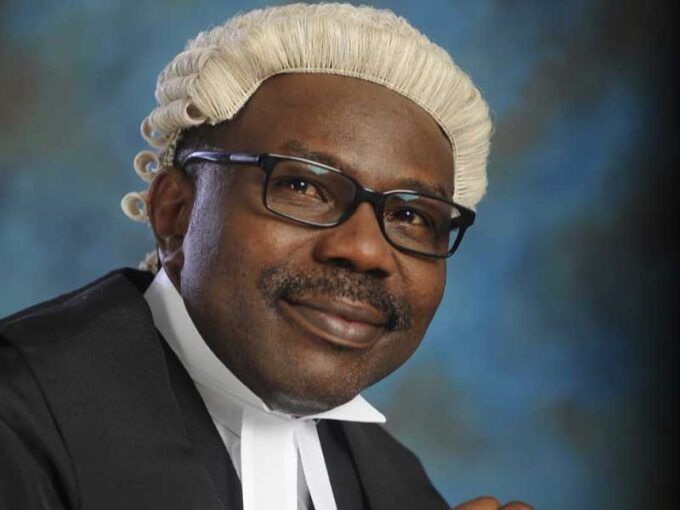
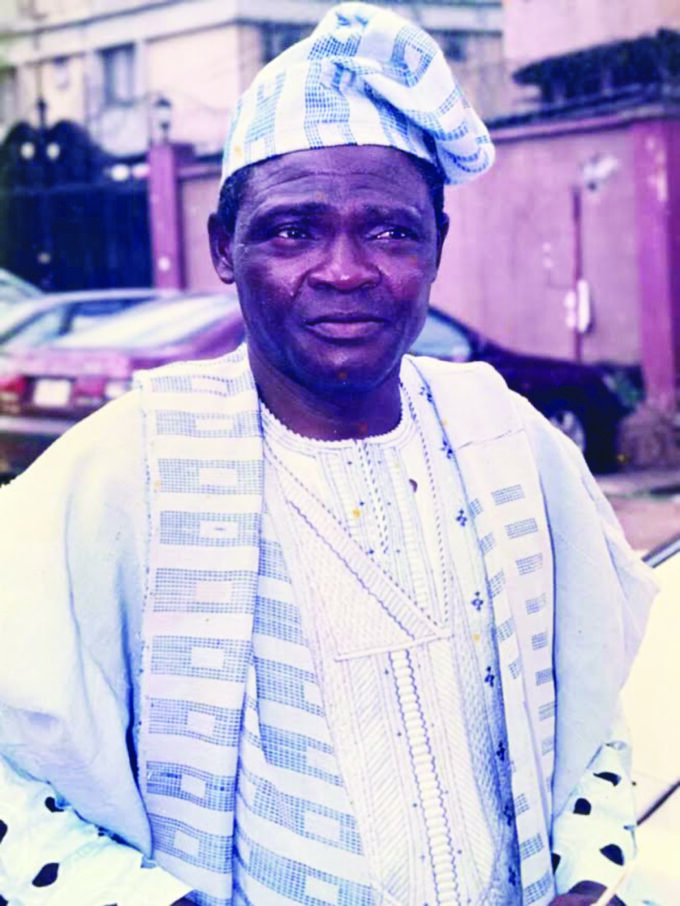






Leave a comment